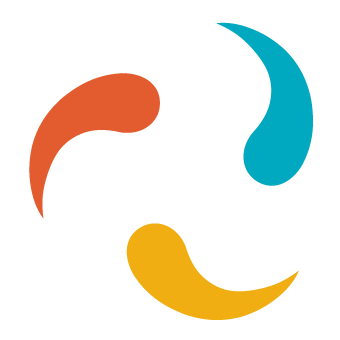Sociocratic Tools for Self-Organization and Agile, Köln
Sociocratic Tools for Self-Organization & Agile Development with John Buck
Workshop at the 18th International Conference on Agile Software Development in Cologne
A software team and the company need to be organized in a way that enables quick response to change, as the Agile Manifesto requests. To prepare for quick change, a company has to implement self-organization throughout. Yet, many agile teams suffer from the mismatch of agile and organizational leadership, with the latter being reflected by the organizational hierarchy. Operating with self-organization and iterative processes, the agile teams run into trouble with a more rigid top-down steering of their environment. Consequently, agile proponents very often believe that a supportive agile organization should be structured without hierarchies, the so called “no managers” approach of “reinvented organizations.” Several companies in the agile field are experimenting with different organizational approaches that don’t use hierarchies. Yet, “no hierarchy” or “no managers” is not an option for many organizations.
In this session we suggest supplementing Agile with sociocracy as a way to prepare for change that leaves the hierarchies in place. Sociocracy shows how hierarchies can actually be agile and can strongly support (rather than opposing) needed change. It enables managers to become agile leaders. As a participant you will learn how the principles of shared decision making and double-linking are key to enabling self-organization. These principles convert hierarchies from linear to circular so that they support an agile mindset.
Sociocracy is a way for groups and organizations to self-organize. Based on four principles (self-organizing teams, shared decision making based on consent, double-linking, and electing people by consent to functions and tasks), sociocracy provides a path for existing organizations to have empowerment and self-responsibility on all levels. Different than comparable methods, sociocracy allows companies to start where they are – with their existing organizational structures and the like. It seems to be a perfect fit for organizations that need to be truly agile (due to market pressure) and be able to respond company-wide to change. By coordinating everyone, when change happens there is an harmonious shift by all departments of the organization not a sudden conflict among them just at the moment when a fast change is needed.
Speaker
John Buck
Division Director, The Sociocracy Group
John Buck is the coauthor of We the People: Consenting to a Deeper Democracy, a book about sociocracy as a design system for agile organizing and running of organizations. He heads the English language division of The Sociocracy Group, http://sociocracyconsulting.com, an international consulting organization headquartered in Rotterdam, Netherlands. He has led dozens of sociocracy implementation projects for a variety of organizations. He believes that such basic values as equality, liberty, and transparency and design methods such as agile can make our work places dramatically more sustainable, elegant, and profitable.
Organizers
Jutta Eckstein
General Chair, IT communication
Jutta Eckstein works as an independent coach, consultant, and trainer. She has helped many teams and organizations worldwide to make an Agile transition especially within medium-sized to large distributed mission-critical projects. She has published her experience in her books ‘Agile Software Development in the Large’, ‘Agile Software Development with Distributed Teams’, ‘Retrospectives for Organizational Change’, and together with Johanna…
18th International Conference on Agile Software Development in Cologne, Pullmann Hotel
Wednesday May 24, 2017 11:00 – 12:30
Belvedere 12th Floor
Workshop

